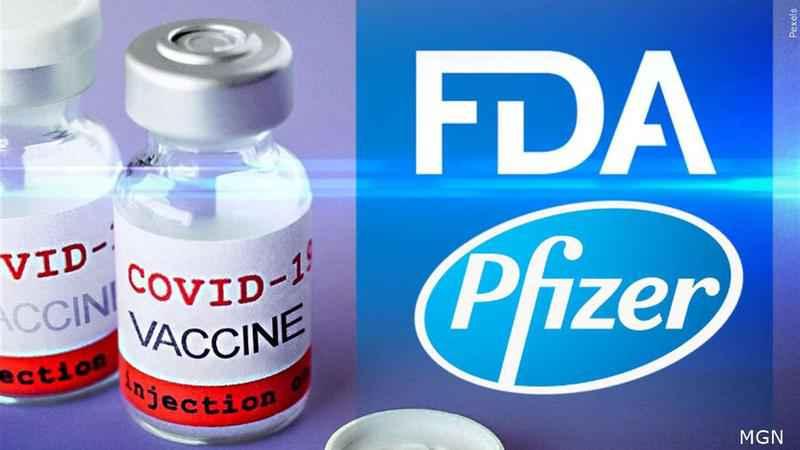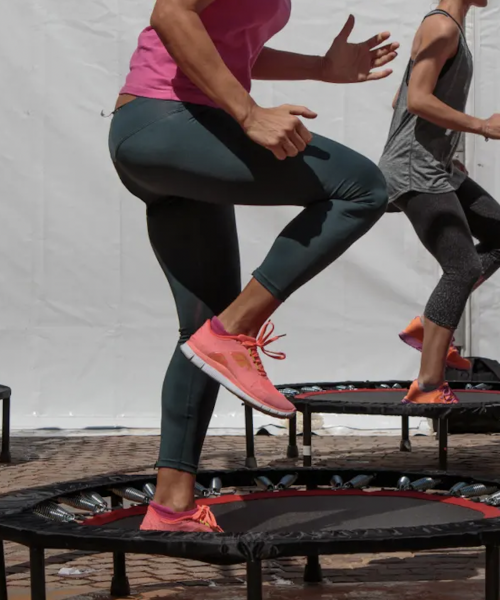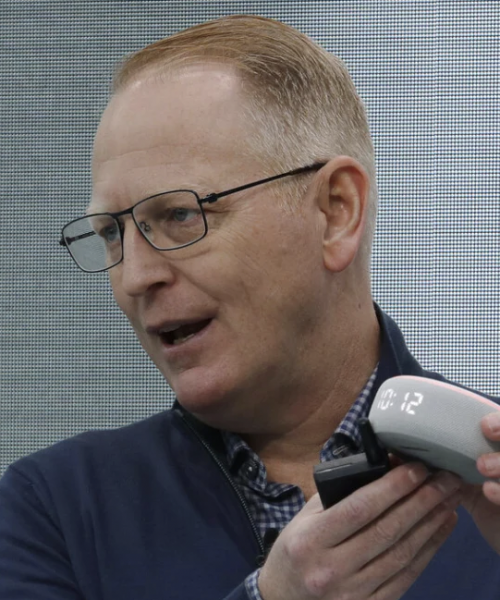By MATTHEW PERRONE and LAURAN NEERGAARD, Associated Press
Troy Warren for CNT #COVID-19 #Health
Panel endorses shots for those 65 and older or who have high risk of severe disease
WASHINGTON — An influential federal advisory panel has overwhelmingly rejected a plan to give Pfizer booster shots against COVID-19 to most Americans, but it endorsed the extra shots for those who are 65 and older or run a high risk of severe disease.
The twin votes Friday represented a heavy blow to the Biden administration’s sweeping effort to shore up nearly all Americans’ protection amid the spread of the highly contagious delta variant.
The decision was made by a committee of outside experts who advise the Food and Drug Administration.
During several hours of vigorous debate Friday, members of the panel questioned the value of offering boosters to nearly everyone.
“I don’t think a booster dose is going to significantly contribute to controlling the pandemic,” said Dr. Cody Meissner of Tufts University. “And I think it’s important that the main message we transmit is that we’ve got to get everyone two doses.”
Dr. Amanda Cohn of the Centers for Disease Control and Prevention said: “At this moment it is clear that the unvaccinated are driving transmission in the United States.”
Panel members also complained that data provided by Israeli researchers about their booster campaign might not be suitable for predicting the U.S. experience.
Scientists inside and outside the government have been divided in recent days over the need for boosters and who should get them, and the World Health Organization has strongly objected to rich nations giving a third round of shots when poor countries don’t have enough vaccine for their first.
While research suggests immunity levels in those who have been vaccinated wane over time and boosters can reverse that, the Pfizer vaccine is still highly protective against severe illness and death, even amid the spread of the highly contagious delta variant.
The FDA advisory panel was the first major hurdle that the Biden administration plan faced. The FDA itself has yet to make its own determination but typically follows the recommendations of its expert panel.
In yet another step to the process, a CDC advisory committee that sets policy for U.S. vaccinations campaigns is set meet on Wednesday to debate who, exactly, should get boosters and how many months after their second dose should they receive the extra shot.
The CDC has said it is considering boosters for older people, nursing home residents and front-line health care workers, rather than all adults.
Separate FDA and CDC decisions will be needed in order for people who received the Moderna or J&J shots to get boosters.
The FDA panel’s overwhelming rejection came despite full-throated arguments about the need for boosters from both Pfizer and health officials from Israel, which began offering boosters to its citizens in July.
Sharon Alroy-Preis of Israel’s Ministry of Health said the booster dose improves protection tenfold against infection in people 60 and older.
“It’s like a fresh vaccine,” bringing protection back to original levels and helping Israel “dampen severe cases in the fourth wave,” she said.
And representatives for Pfizer argued that it is important to shore up immunity before protection against severe disease starts to erode. A company study of 44,000 people showed effectiveness against symptomatic COVID-19 was 96% two months after the second dose but had dropped to 84% by around six months.
Both Pfizer and the Israeli representatives faced pushback from panelists. Several expressed skepticism about the relevance of Israel’s experience to the U.S. Also complicating the committee’s decision: No one yet knows the antibody level below which infection is likely and boosters are needed.
Another concern was whether third doses would exacerbate serious side effects.
Meissner said he is worried about extra doses for younger age groups given the risk of heart inflammation that has been seen in mostly younger men after a second dose. While the condition is very rare, he said, it is not clear if that risk would increase with another dose.
Pfizer pointed to Israeli data from nearly 3 million boosters to suggest side effect rates would be similar to that seen after second doses.
Dr. Paul Offit, a vaccine expert at Children’s Hospital of Philadelphia, said he was more likely to support approving a third dose for adults over 60 or 65 but “I really have trouble” supporting it for anyone down to age 16.
In Other NEWS



































